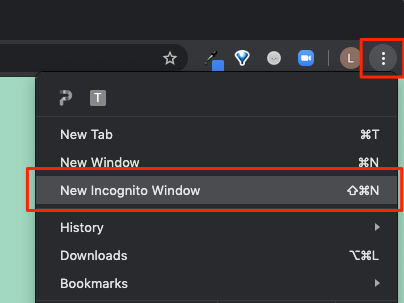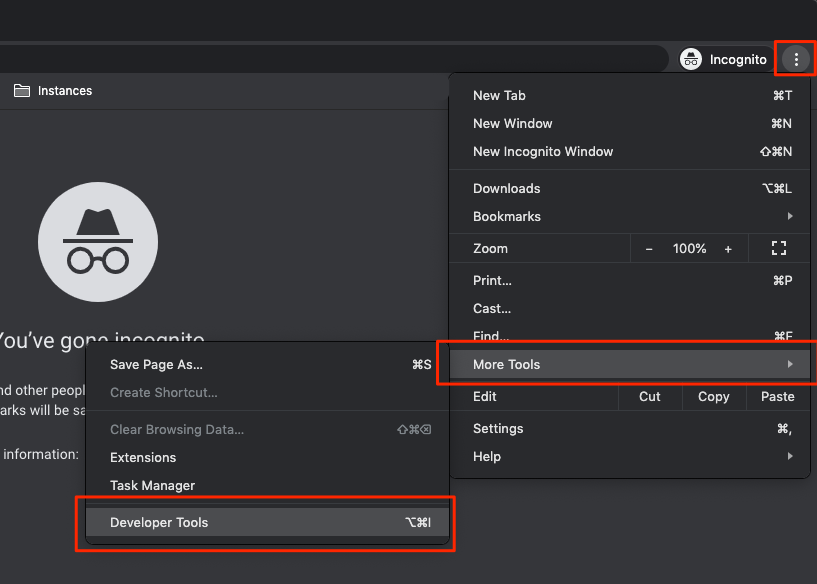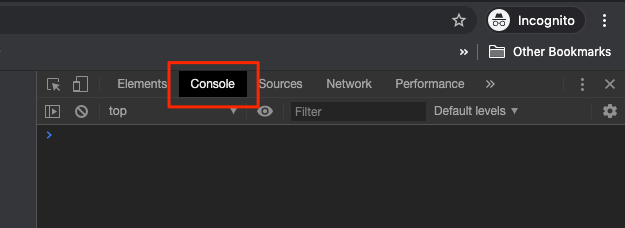Overview
You may have heard that in February 2020 Google will be making some changes to how Chrome handles cookies. If this has you wondering how the release of Chrome 80 will affect your PathFactory content tracks, have no fear: Long story short, Google’s upcoming release will not impact your content tracks.
What is changing?
With the release of Chrome 80 in February 2020, Google will begin enforcing the classification of cross-domain cookies (ie. 3rd party cookies). Previously, there was no default setting for 3rd party cookies; this new Chrome release will force all cross-domain cookies without a SameSite attribute to have SameSite=Lax by default, and force them to be secure.
This means that after this release Chrome will reject all 3rd party cookies without SameSite attributes and which are not secure.
What does this mean for PathFactory customers?
Pathfactory’s development team has researched the implications of how these changes will impact cookie behaviour in our platform. We can confirm that since we only use first-party cookies on our content tracks and website experiences, there should be no impact to cookie behaviour.
However, if you are using a platform that uses 3rd party cookies on a content track (which some MAPs do), then you must ensure those cookies have a Samesite attribute, otherwise the content tracks may not perform as expected.
How can I know if the 3rd party cookies from our other platforms are compliant?
You are able to check the attributes of your 3rd party cookies by accessing Developer Tools in your Chrome browser.
- Using Chrome (version 77 or newer), open up a new Incognito browser window.
 New Incognito Window menu item
New Incognito Window menu item
- Select More Tools and then Developer Tools.
 Developer Tools menu item
Developer Tools menu item
- Check in the Console tab for warnings that a page contains cross-site (third party) cookies without the ‘SameSite’ attribute.
 Console tab
Console tab
NoteWarnings in this section will look like the following:

- If you don’t see a warning, that means all associated 3rd party cookies are in compliance with Chrome’s new standard.
- If you do see the URL from a vendor in the console warning, that means the 3rd party cookie provided from that platform will be blocked in Chrome 80. We recommend following up with that vendor to ensure their readiness for this upcoming change.
Note
Some platforms, like Pardot, drop a 1st party cookie and a 3rd party cookie for redundancy, while others, like Eloqua, require a different implementation for 1st party cookies. If you have integrated Eloqua into PathFactory, please ensure you have enabled 1st party cookies in Eloqua in order to prevent your integration from being interrupted. You can read this Eloqua article for more information.
Views: 29
